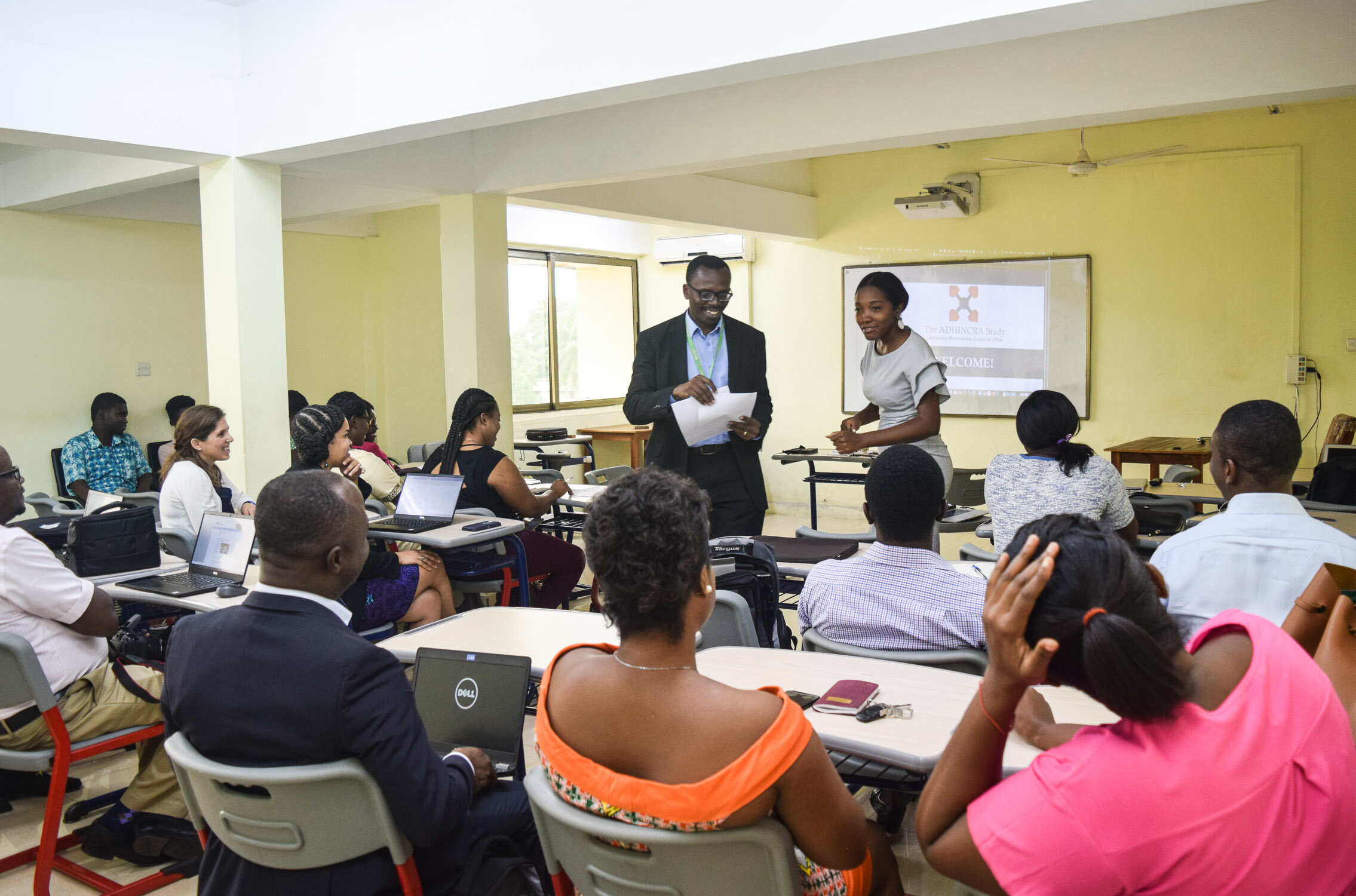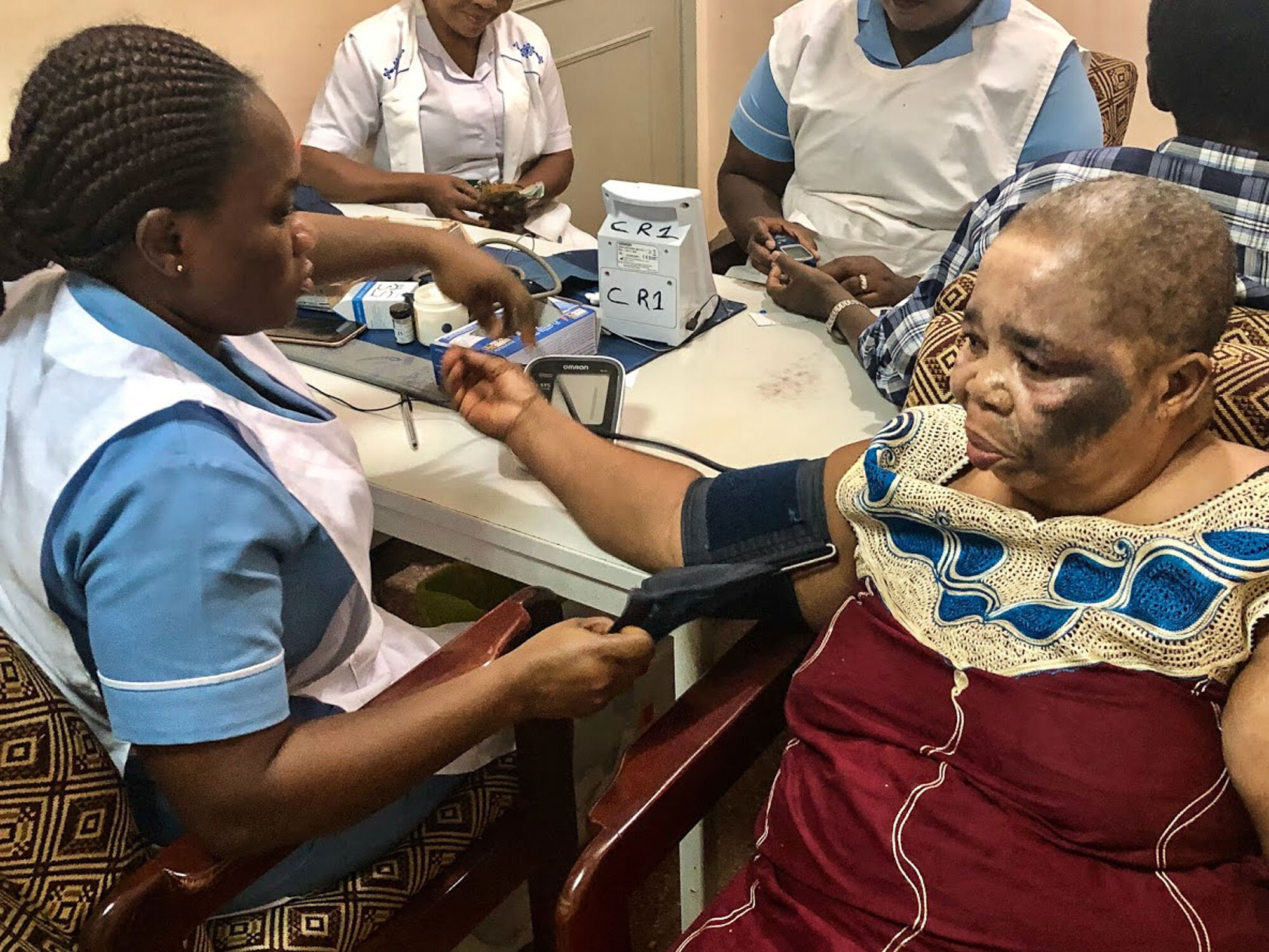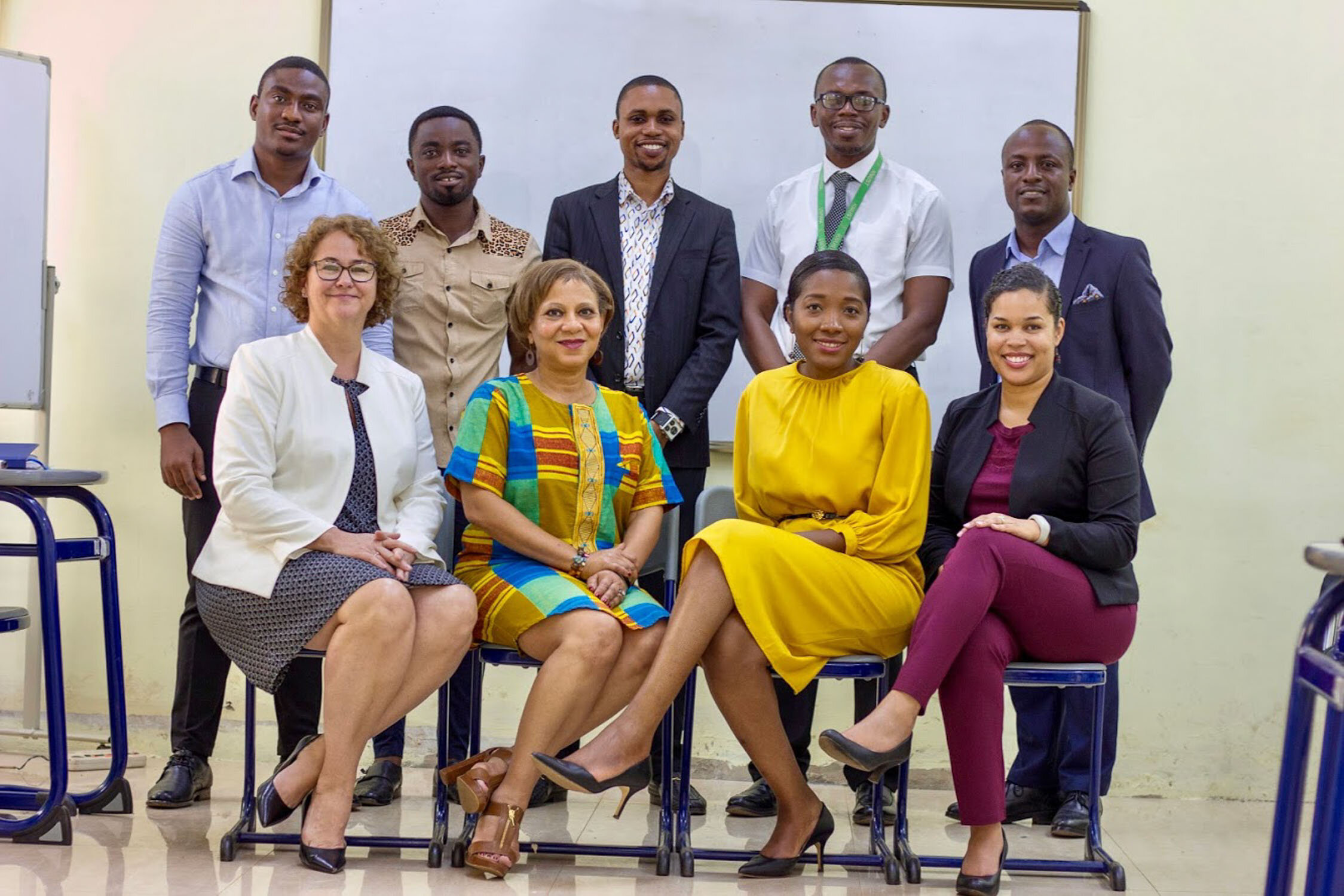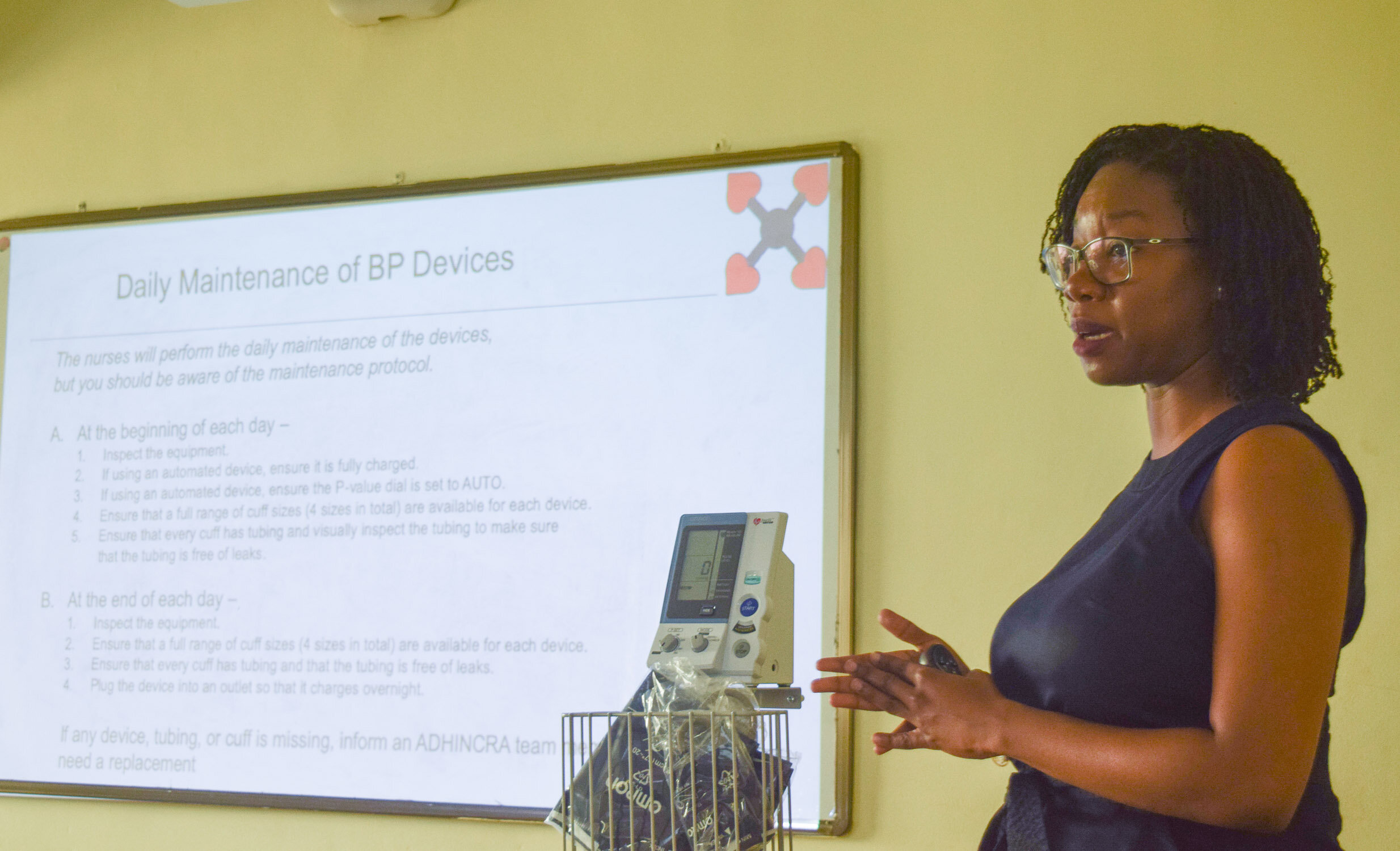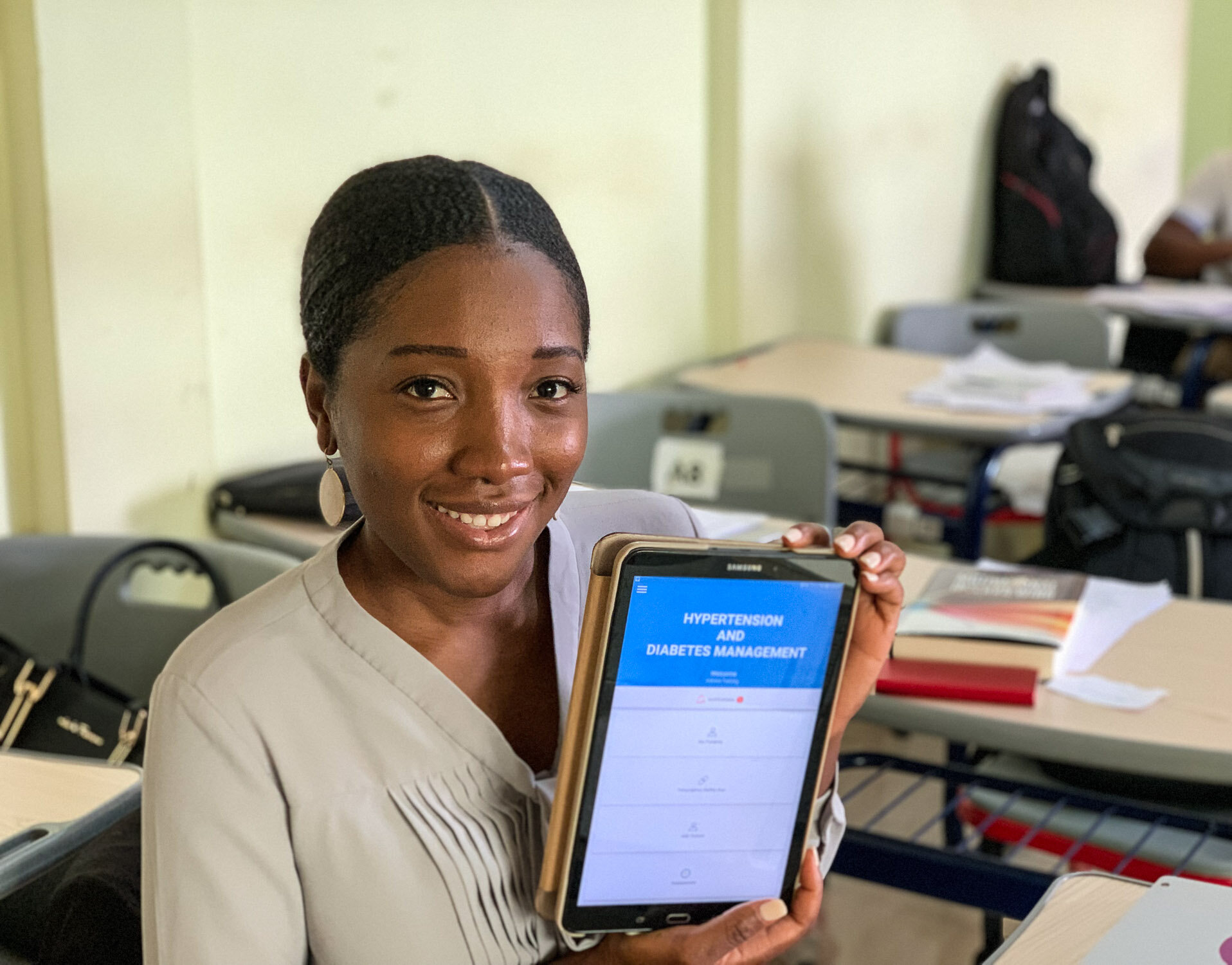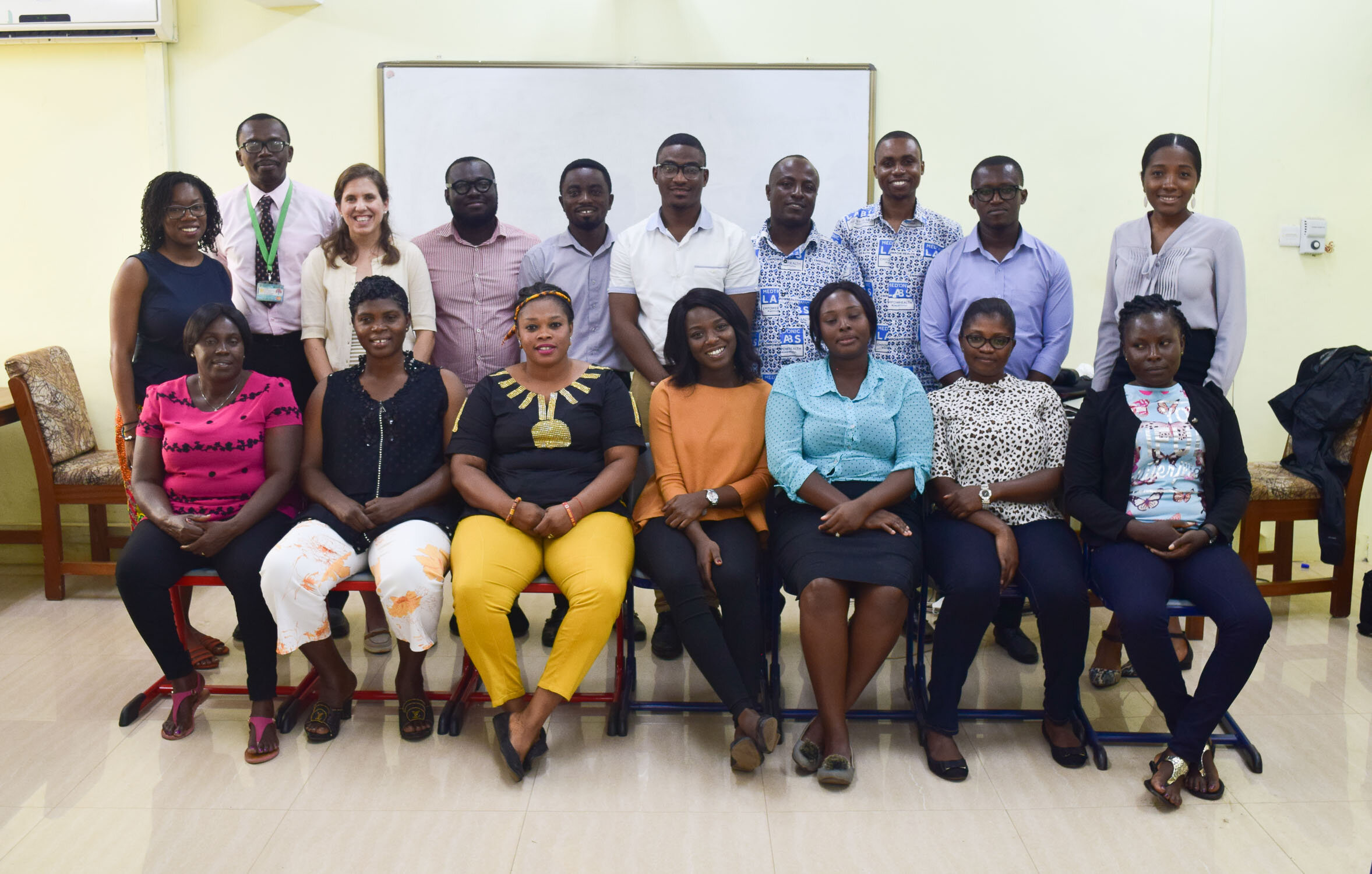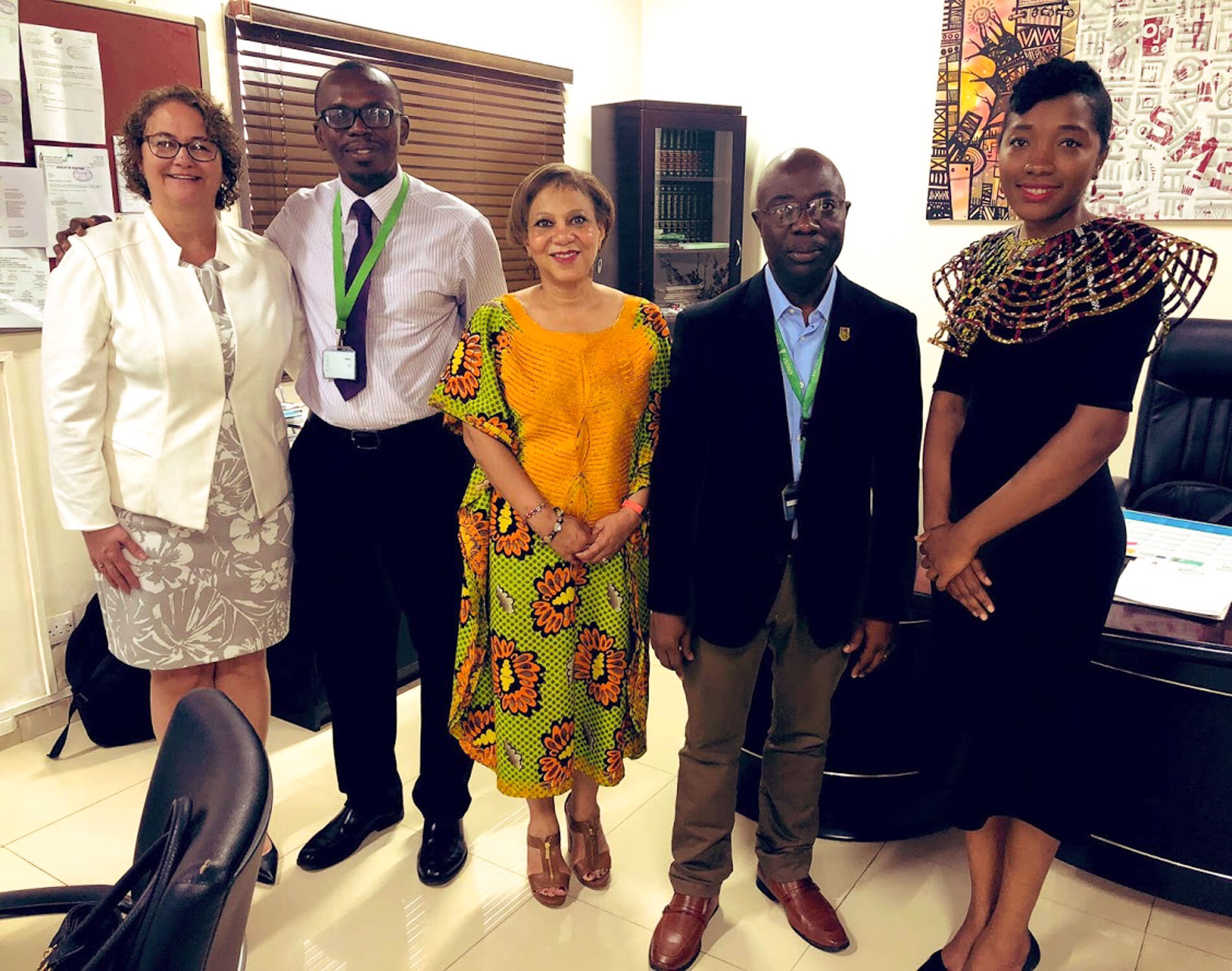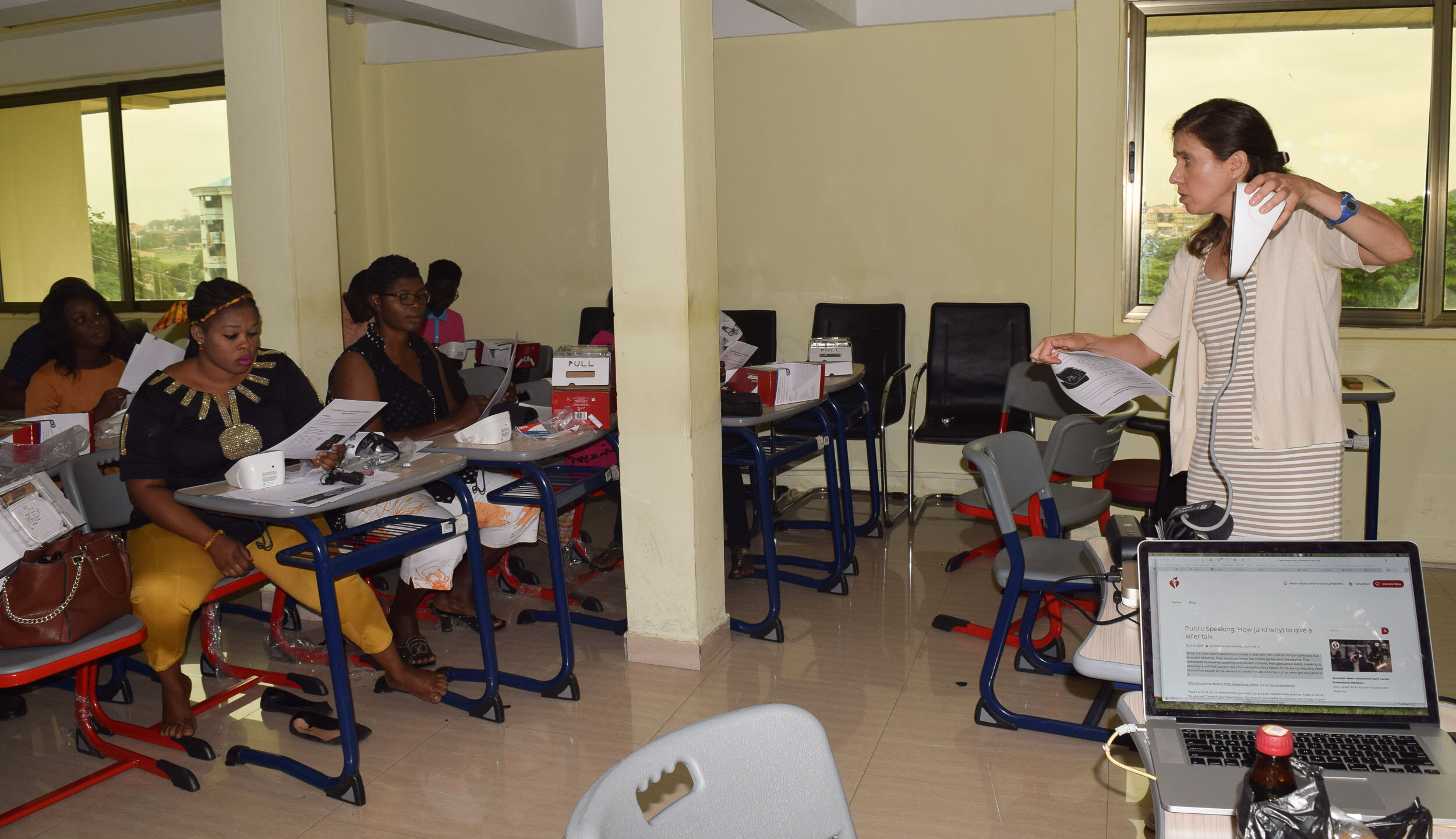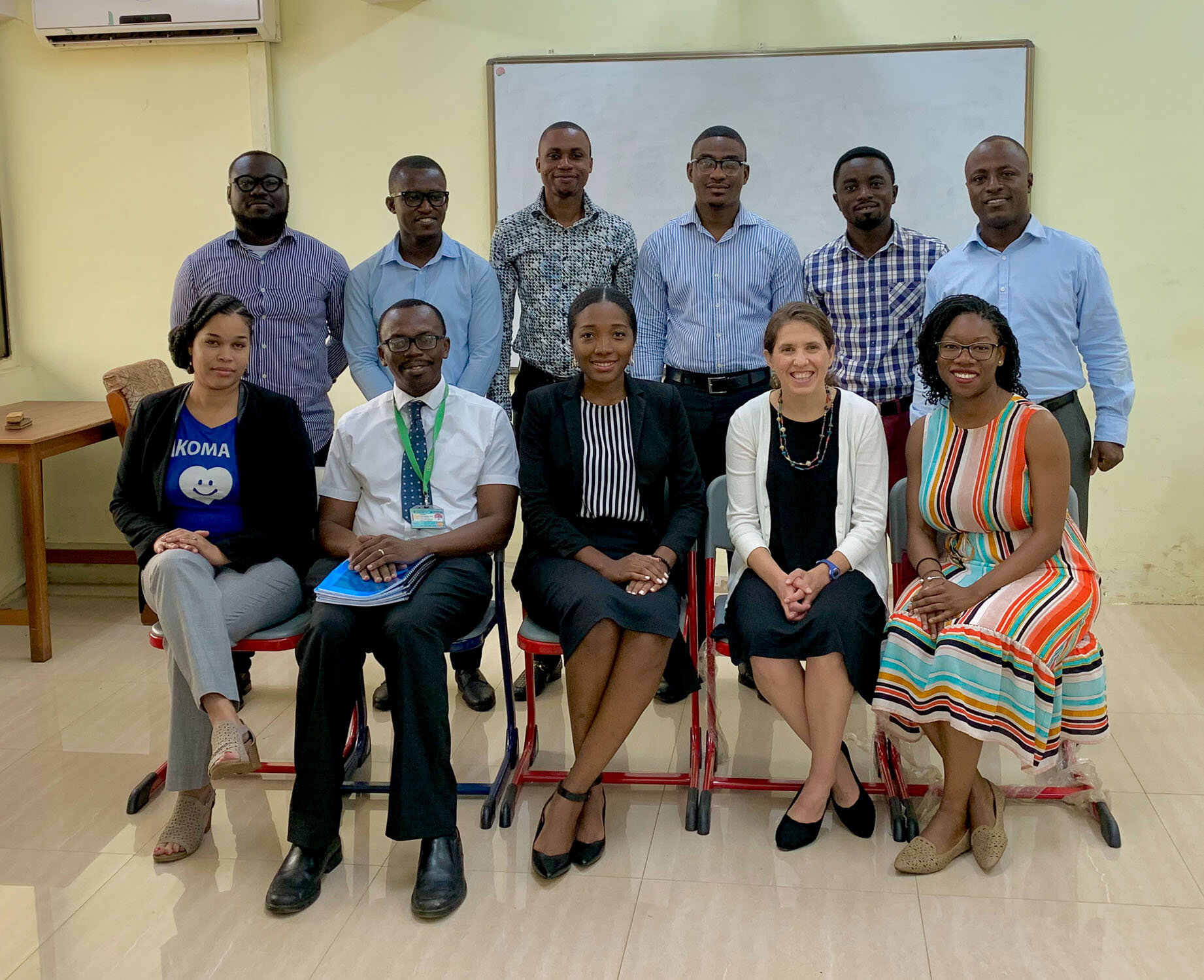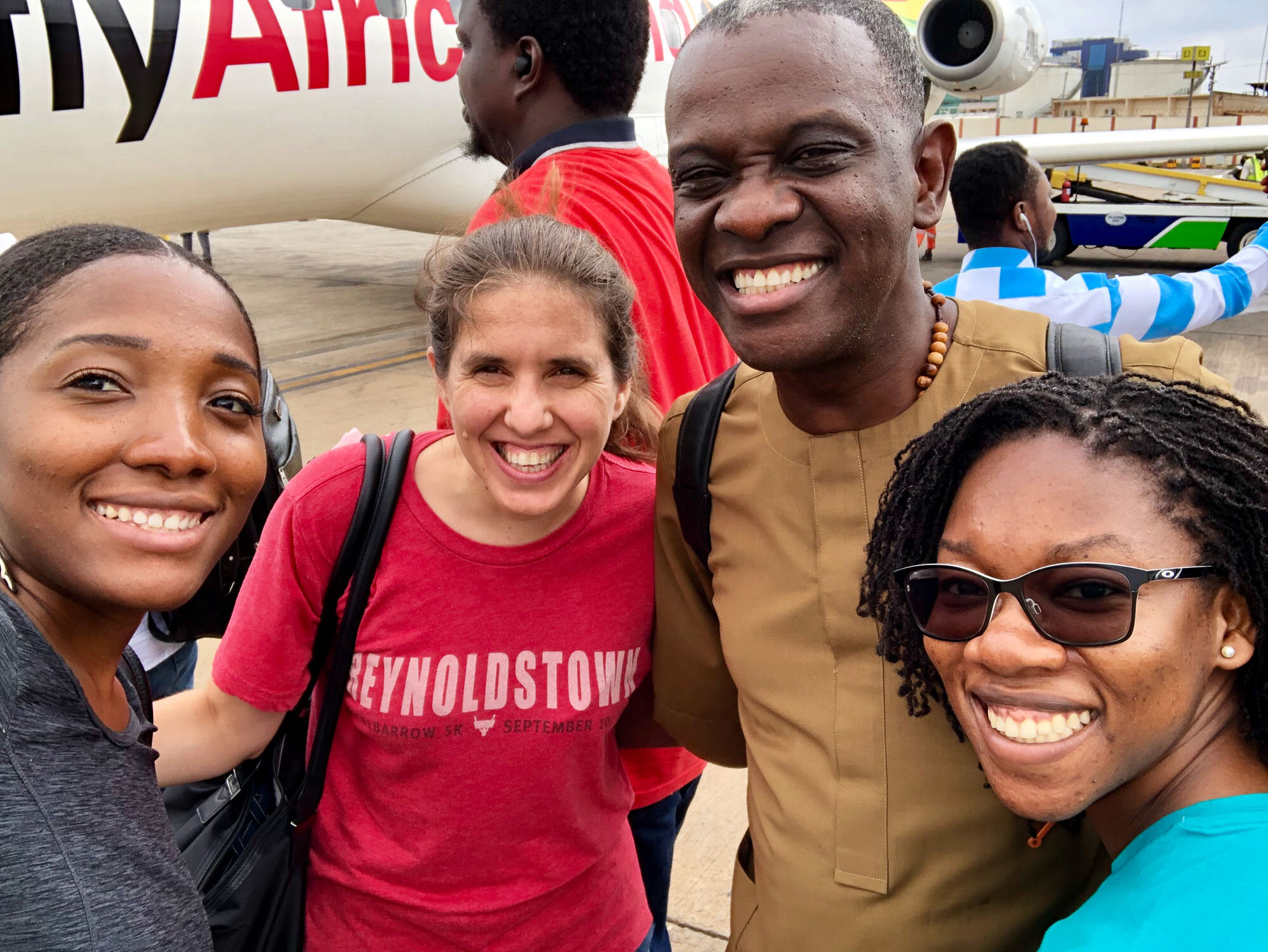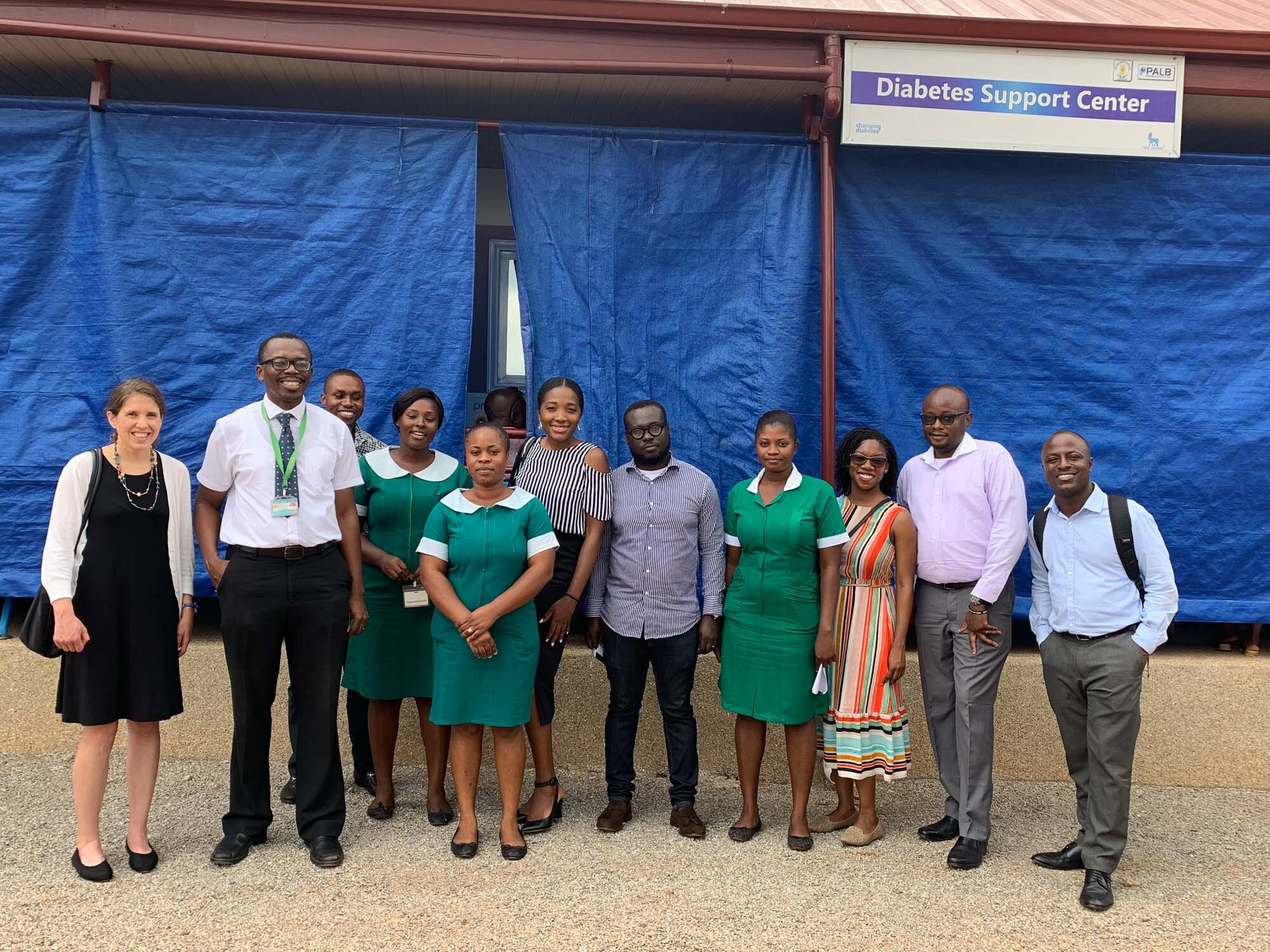Addressing Hypertension Care in Africa: The ADHINCRA Study
As it works to reduce disparities in health outcomes for socially disadvantaged populations, the Johns Hopkins Center for Health Equity (CHE) develops approaches to care that acknowledge the real differences between people’s circumstances and lifestyles around the world. This year, the Center launched a study exploring methods to control cardiovascular disease among sub-Saharan African groups using techniques that apply modern medical technology with a sensitivity to the unique cultural circumstances of rural Ghana.
BACKGROUND
The Addressing Hypertension Care in Africa (ADHINCRA) study focuses on techniques to control high blood pressure, which is a critical risk factor for cardiovascular disease and stroke, in a region where physicians and nurses are in short supply. Relying on nurses trained to monitor blood pressure using protocols developed in the CHE’s RICHLIFE study, the ADHINCRA study seeks to translate innovative and evidence-based chronic disease management interventions to a low-resource setting where people have non-western attitudes about health and the body.
PROGRESS MADE
To begin implementing the study, three members of the ADHINCRA study team--Dr. Commodore-Mensah (the study’s principal investigator), Dr. Ruth-Alma Turkson-Ocran (a JHU Post-Doctoral Fellow), and Kathryn Foti (Ph.D. Candidate at the Bloomberg School of Public Health) visited Kumasi, Ghana in July 2019 to train the local study staff and coordinate with the partnering study team at the Kwame Nkrumah University of Science and Technology (KNUST).
During their visit, the JHU study team members conducted site visits and met with stakeholders, including hospital executives and health care providers at the study sites. They also attended joint meetings with the KNUST collaborators and Medtronic Health, a tech company that developed a computer application called “Akoma pa/Empower Health” to be used by patients and caregivers during the study. This app will provide motivational health messages designed specifically for the West African culture’s notions of the body, responsibility, and wellbeing to better engage Ghanaian patients in self-care.
The team members also provided four days of training for the study nurses, physicians, and research assistants. These training days included a general orientation to the study, as well as education by Dr. Ruth-Alma Turkson-Ocran and Kathryn Foti in the specific RICHLIFE protocols for measuring blood pressure in clinical and home-based settings. The home-based blood pressure training included an orientation on using Bluetooth-enabled devices to monitor and record patient data. Dr. Commodore-Mensah also introduced the study staff to the techniques of “motivational interviewing,” which help keep patients engaged with improving their health, and Dr. Turkson-Ocran concluded the trainings with a session on JHU protocols for survey development and data entry.
Finally, during the JHU team’s visit, the process of recruiting patients for the study began as well. This was a busy trip that has laid a solid groundwork for success, and as of early November 2019, 129 of the target 240 study participants had been recruited.
The ADHINCRA study’s innovative combination of culturally appropriate patient management, coupled with modern blood pressure monitoring technology, is a perfect illustration of how the Center for Health Equity is pushing the boundaries of health care for diverse populations. Another update from the study team is expected this spring, following another site visit to Ghana in January 2020
RELEVANT LEARNING RESOURCES
Learn more about the Center’s approach to Local Global Learning
Keep up to date with news and progress made by the ADHINCRA team



